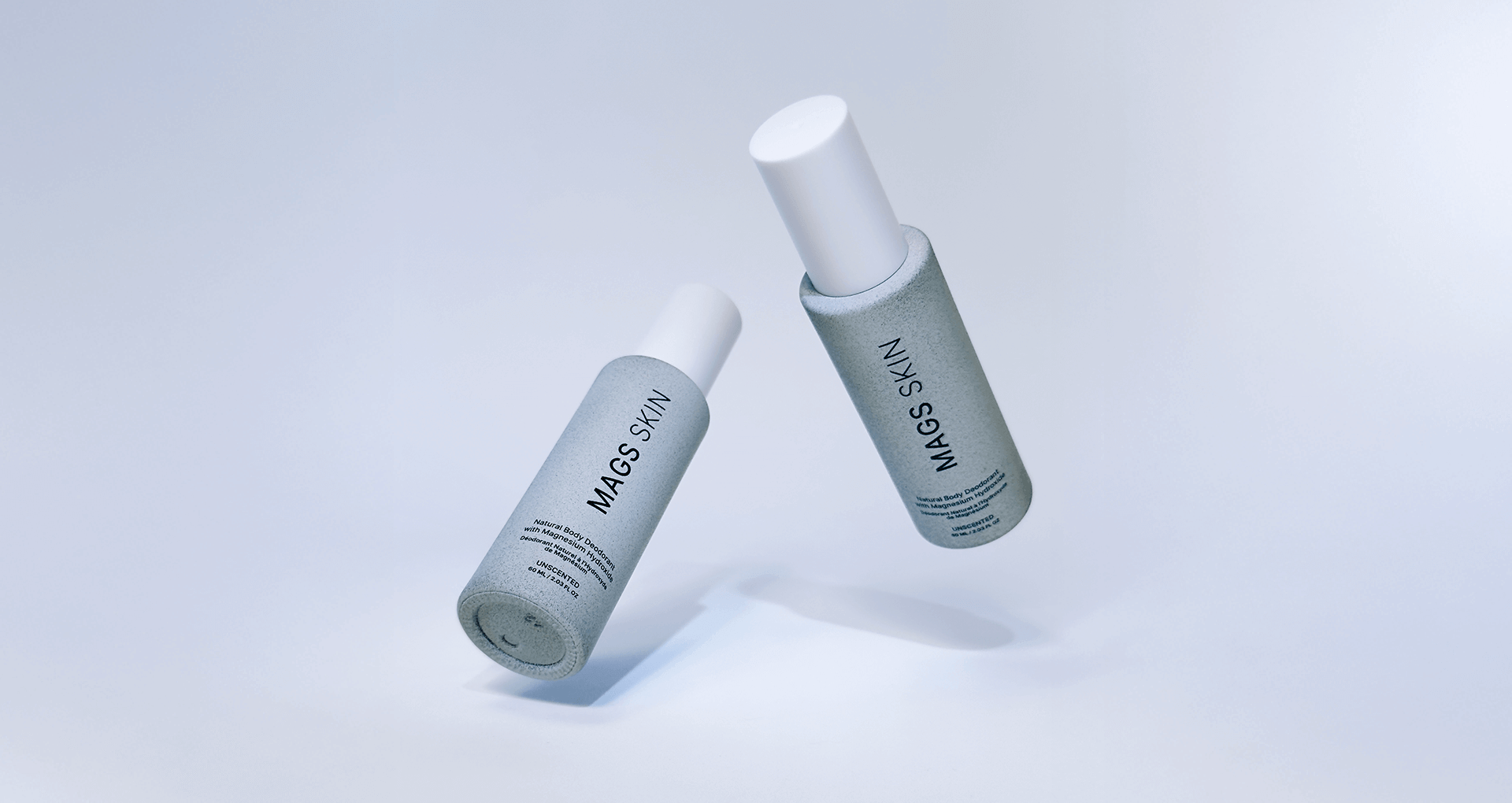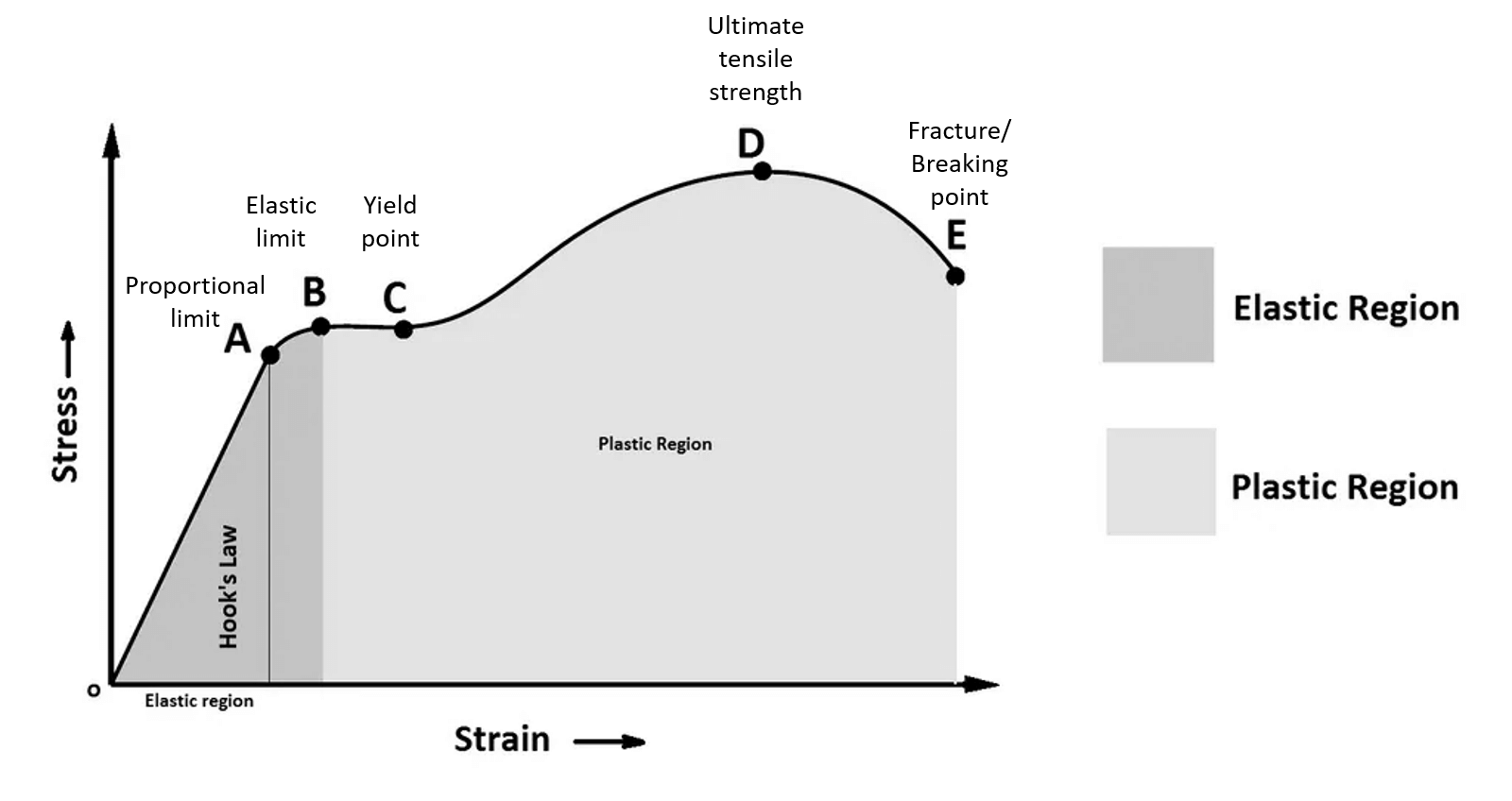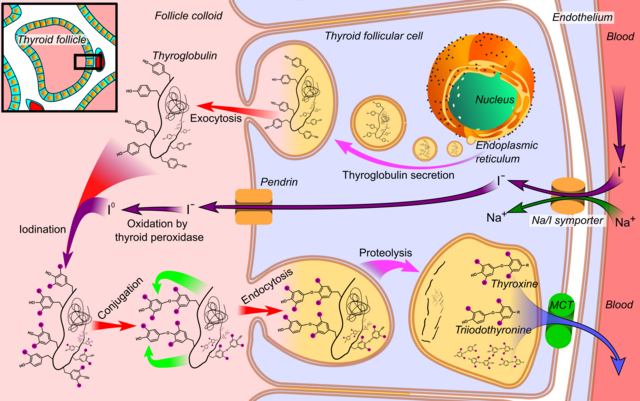
Superficial Incisional SSI
Stab wound, pin site infection or stitch abscess alone is not considered an SSI.
a. Time: Occurs within 30 days after any operative procedure (where day 1 = the procedure date)
AND
b. Site: Involves only skin and subcutaneous tissue of the incision
AND
c. Infection: At least one of the following –
- Purulent drainage from the superficial incision.
- Organism(s) identified from an aseptically-obtained specimen
from the superficial incision or subcutaneous tissue - Superficial incision with atleast one of localized pain/tenderness, localized swelling, erythema or heat that is deliberately opened by a surgeon/physician/physician designee without culture or non-culture based testing
- Diagnosis of a superficial incisional SSI by a physician or physician designee (nursing practitioner or physician assistant; diagnosis/treatment of cellulitis doesn’t meet this criteria)
Deep Incisional SSI
a. Time: Occurs within 30 (for most surgeries) or 90 days (for cardiovascular and orthopedic surgeries) after operative procedure (where day 1 = the procedure date)
AND
b. Site: Involves deep soft tissues of incision (fascia/muscles)
AND
c. Infection: At least one of the following –
- Purulent drainage from deep incision
- Deep incision that spontaneously dehisces or is deliberately opened by surgeon/physician/physician designee + Isolation of organism based on culture/non-culture testing + Atleast 1 of: fever, localized pain or tenderness
- Abscess/Deep infection involving deep incision (gross anatomical/histological/imaging examination)
Organ/Space SSI
a. Time: Occurs within 30 (for most surgeries) or 90 days (for cardiovascular and orthopedic surgeries) after operative procedure (where day 1 = the procedure date)
AND
b. Site: Involves deeper soft tissues (than fascia/muscles) opened/manipulated
AND
c. Infection: At least one of the following –
- Purulent drainage from a drain placed into organ/space
- Isolation of organism based on culture/non-culture testing from fluid/tissue in organ/space
- Abscess/Deep infection involving organ/space (gross anatomical/histological/imaging examination)
Based on CDC definitions: https://www.cdc.gov/nhsn/pdfs/pscmanual/9pscssicurrent.pdf


